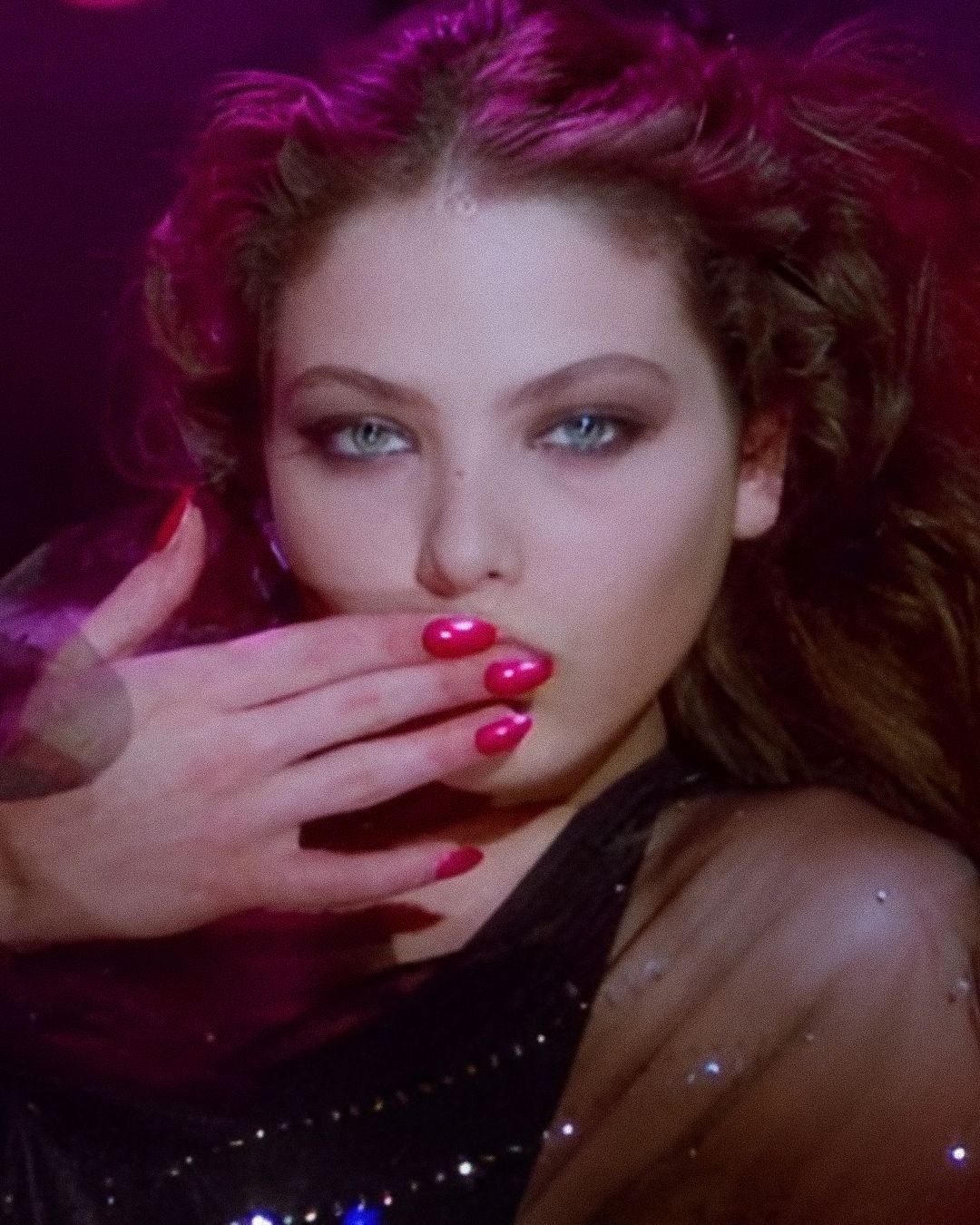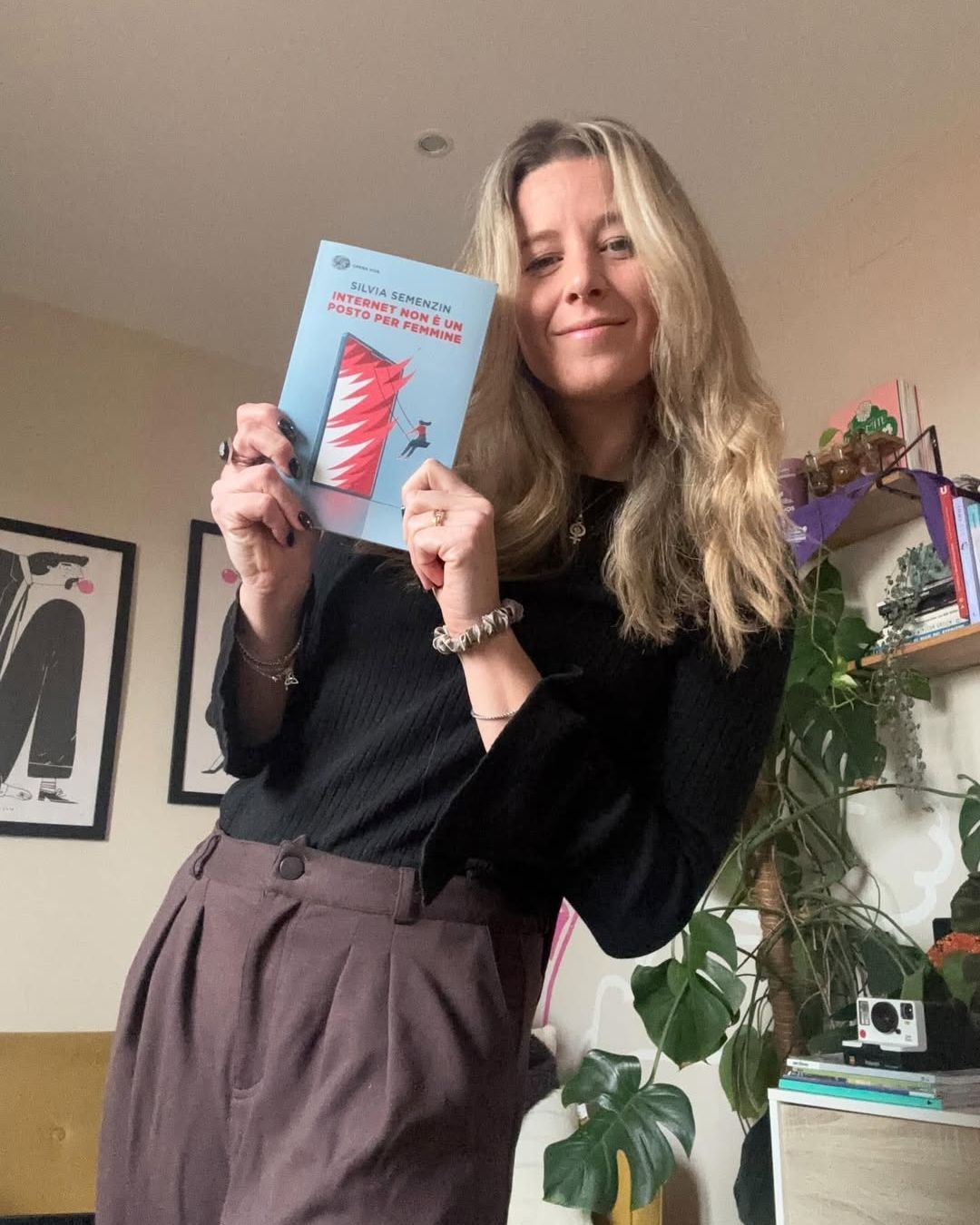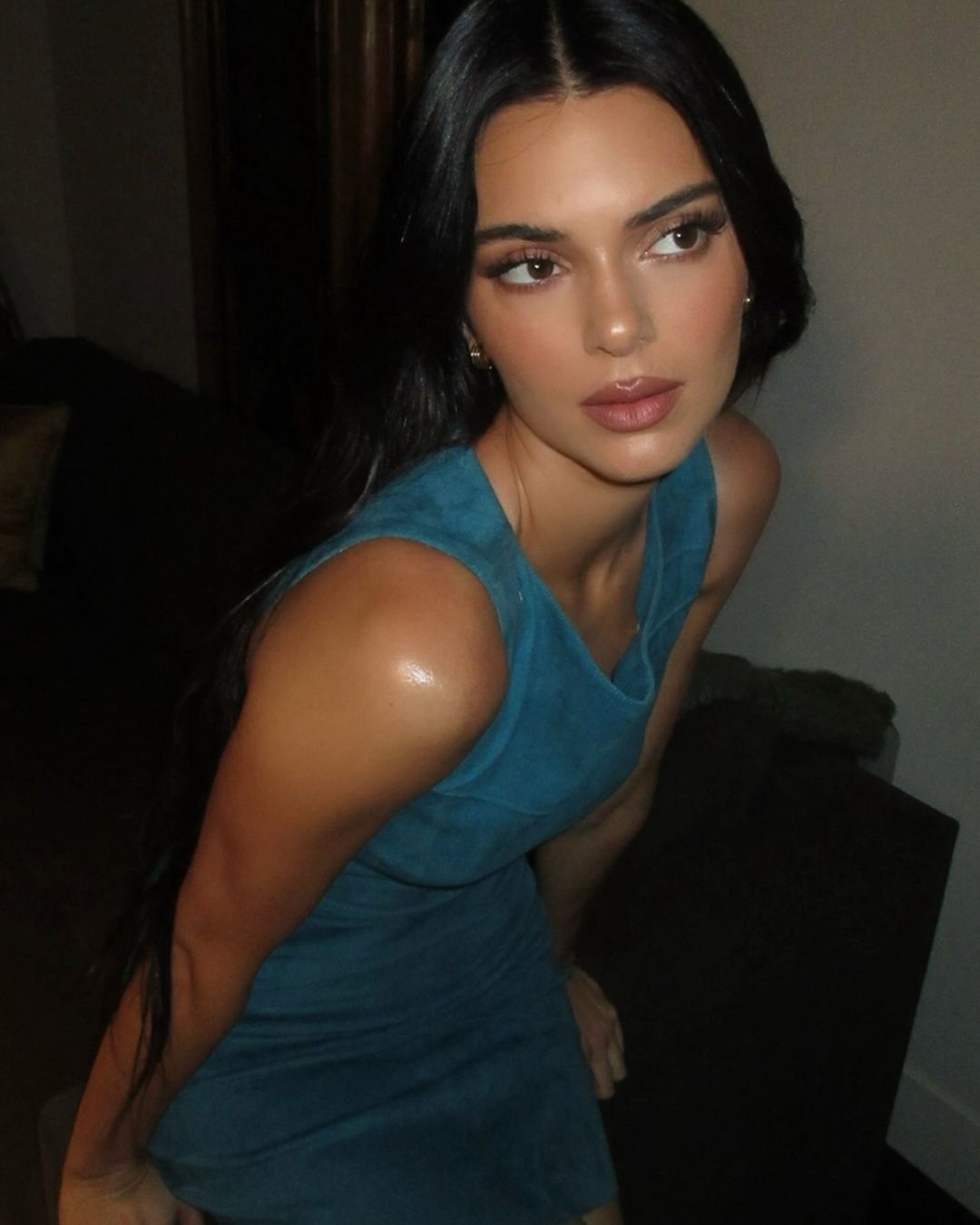
No one really needs the Rhode lip tint belly chain Let's do a bit of deinfluencing, every now and then
There’s no point in denying it. Sometimes we buy - or even just desire - certain things not because we actually need them, but because they immediately signal status. We saw them on TikTok or Instagram, we want to be like the girls who wear them, we want to feel like we belong. This is the double-edged sword of fashion, beauty, and trends: they go beyond objective usefulness and become pure communication and belonging. Sometimes it’s fun, and we all fall for it. But other times, it’s necessary to draw a line, set a boundary. A perfect example? Shein, Temu and similar platforms. These sites, in addition to selling low-quality products at ultra-low prices - which means they need replacing more often - promote extreme overconsumption, pollute the planet, and show no real interest in ensuring ethical or sustainable working conditions for employees. Every day, users buy gadgets and items from these sites and share them online as "must-haves", sparking a chain of pointless purchases. Without going to such extremes, another example of a status symbol brand is Rhode, founded by Hailey Bieber and recently acquired by e.l.f. Cosmetics for $1 billion.
Rhode’s newest product is a lip tint chain
Lip tint, glazing mist and milk, pocket blush, barrier butter, peptide lip treatment, and lip shape. Rhode’s product range is small, but effective and viral. Every launch is met with hype and excitement, and everything stays sold out just long enough to intensify the desire. This galaxy of products - all religiously used by Hailey Bieber herself - is surrounded by small accessories. There’s the pocket mirror, the smartphone case designed to hold your lip tint, and now, apparently, a waist chain for the new lip tint, the yellow and gold one, named "lemontini."
Do we really need it?
Photos of Hailey Bieber on the beach with her golden waist chain - likely taken to promote the new product - quickly went viral on social media, sparking mixed reactions. Some can’t wait for it to go on sale (though it’s still unclear whether that will actually happen. Though, based on previous launches, it seems likely), while others question its practicality. Why would we need to reapply what’s essentially a gloss on the beach? And why wear a branded chain that might tarnish in salty seawater? Some users also pointed out its resemblance to a tampon holder. And not least, many noted how much it resembles traditional jewelry in Indian, Ghanaian, and Nigerian cultures. In short, the appearance of this belly waist accessory hasn’t exactly unified public opinion. Regardless, perhaps what we really need is a little self-reflection. Do we truly want it or do we just think we do? Do we need it or do we want to belong to the group of people who have it? Why? With just a bit more thought, we might learn a lot, not only about ourselves and our urge to spend and to own, to feel like someone or something through a purchase - increasingly driven by social figures and less and less by our friends or our taste - but also about an economic system that wants us all to be foolish and identical.























































